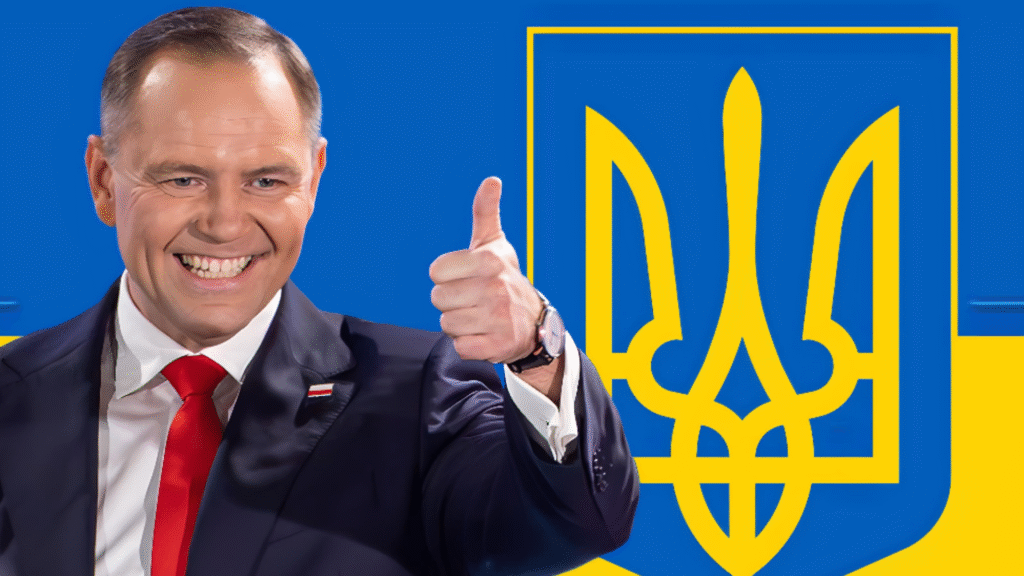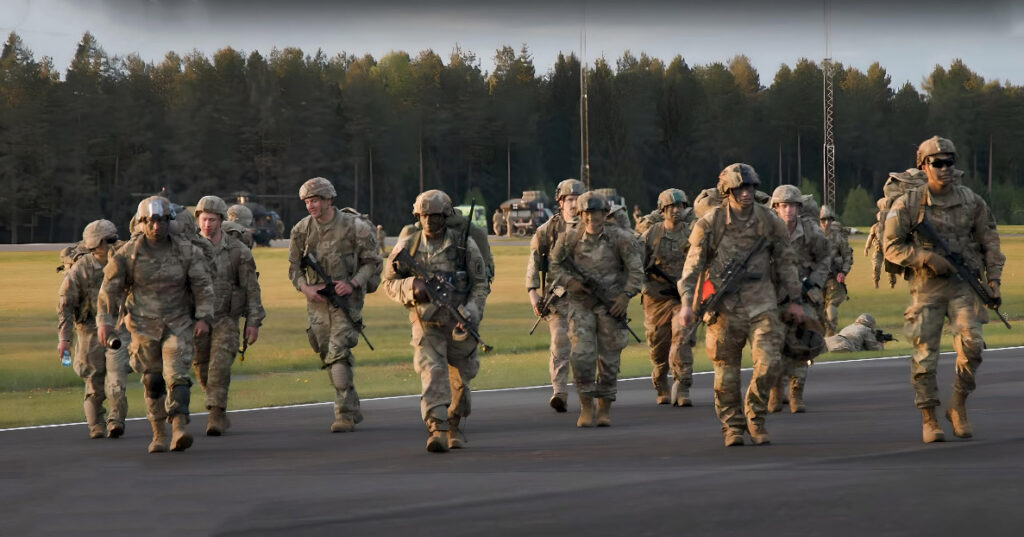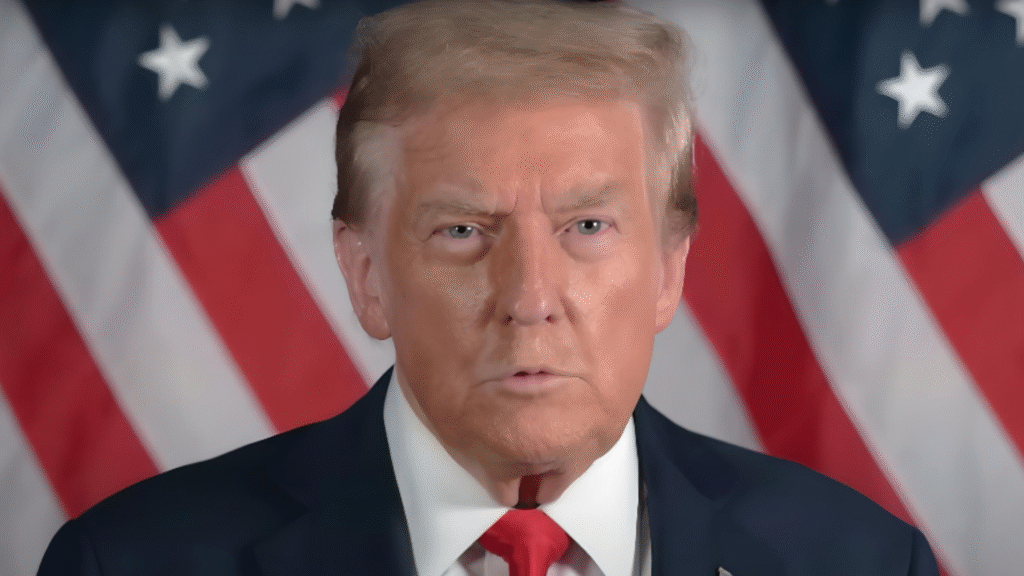Poland’s newly elected president, Karol Nawrocki, has charted a nuanced course in the country’s approach to supporting Ukraine amid its ongoing conflict, signaling a departure from the near-unconditional backing of his predecessor. In his first major foreign policy address, delivered just days after his inauguration, the 42-year-old historian-turned-politician reaffirmed Poland’s commitment to providing military aid to Kyiv, including tanks, artillery, and aircraft. Yet, he underscored the need for a relationship grounded in “mutual respect” and a pragmatic dialogue that acknowledges both strategic priorities and the complex historical ties between the two nations.
Nawrocki, previously the head of Poland’s Institute of National Remembrance, rose to power amid growing domestic debates over the scope of Poland’s role as a key supporter of Ukraine. Since the conflict’s escalation, Poland has served as a critical hub for humanitarian aid and a refuge for over 1.5 million Ukrainians, placing significant strain on its social and economic systems. Public sentiment, as reflected in a recent CBOS poll showing 62% of Poles favoring a reduction in social programs for Ukrainian refugees, has pushed Nawrocki to adopt a more measured stance. His campaign, built on themes of national responsibility and social fairness, resonated with voters seeking a recalibration of Poland’s commitments.
In contrast to former President Andrzej Duda’s policy of near-unwavering solidarity with Ukraine, Nawrocki’s approach is notably more transactional. While pledging continued military support, he emphasized the importance of addressing historical sensitivities, particularly the Volyn tragedy—a deeply painful chapter in Polish-Ukrainian history. Nawrocki argued that sustainable partnership hinges on mutual acknowledgment of such historical grievances, a stance that has sparked both domestic approval and unease in Kyiv.
The new president’s remarks on Ukraine’s potential EU and NATO membership further underscored this shift. Labeling the timing of such integration as “premature,” Nawrocki tied any progress to the resolution of bilateral disputes, a position that has drawn mixed reactions from NATO allies. Nevertheless, he reaffirmed Poland’s commitment to existing defense agreements, including joint military programs with the United States and the United Kingdom, ensuring continuity in Warsaw’s role as a steadfast ally.
As Poland prepares for upcoming security talks in Istanbul, Nawrocki’s tone serves as a clear message: even the most reliable partners are seeking greater reciprocity in their relationships. Having absorbed one of the largest migration waves in modern European history, Poland is navigating a delicate balance—maintaining its support for Ukraine while addressing domestic pressures and national priorities.
This recalibration may reflect a broader regional trend, where countries are increasingly weighing international obligations against domestic needs. Nawrocki, who secured his presidency by a narrow margin, embodies this challenge: how to remain a pillar of support for a neighboring ally while responding to the expectations of his own citizens. His leadership marks a new chapter for Poland—one where solidarity comes with a call for mutual accountability.



